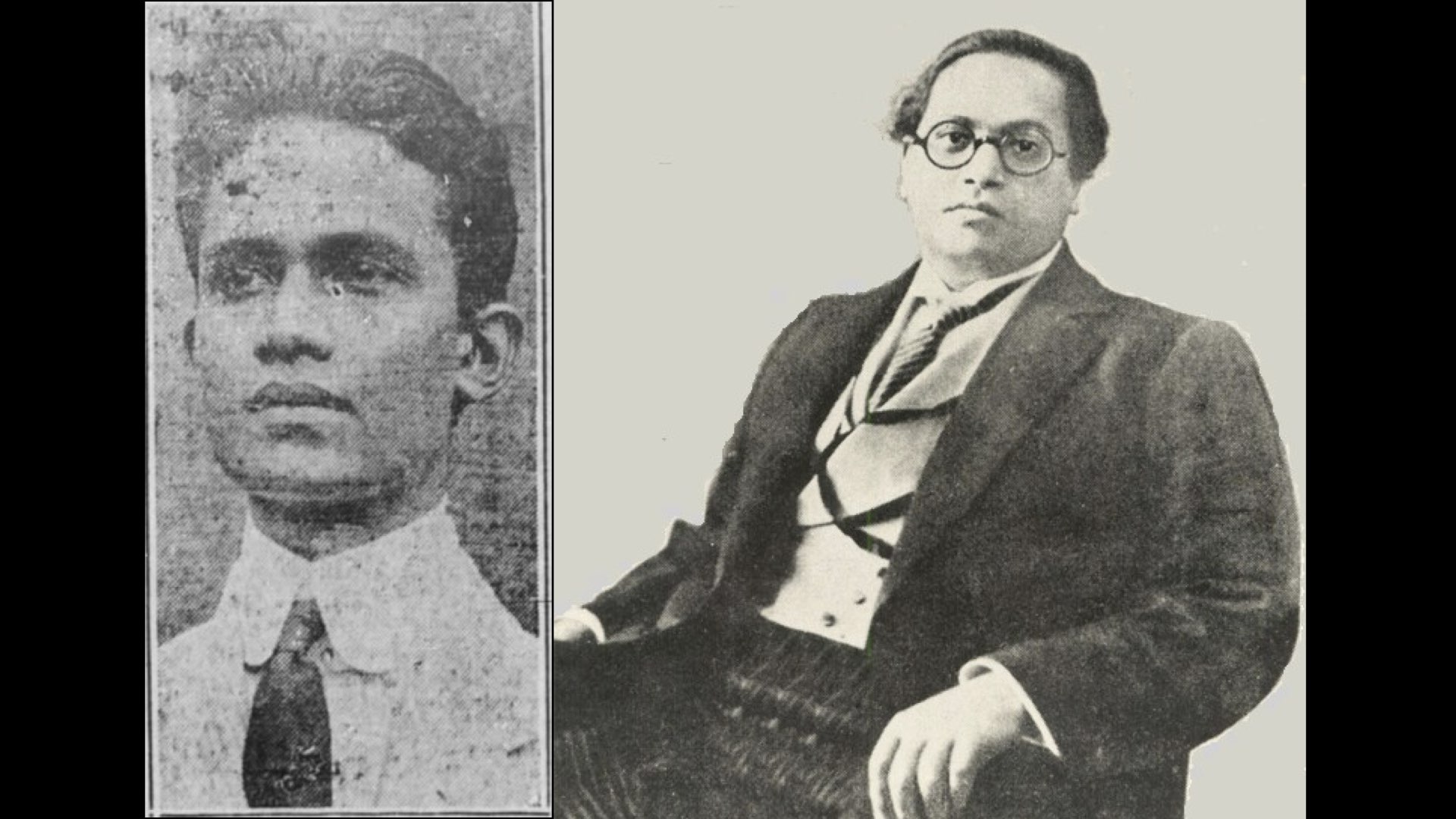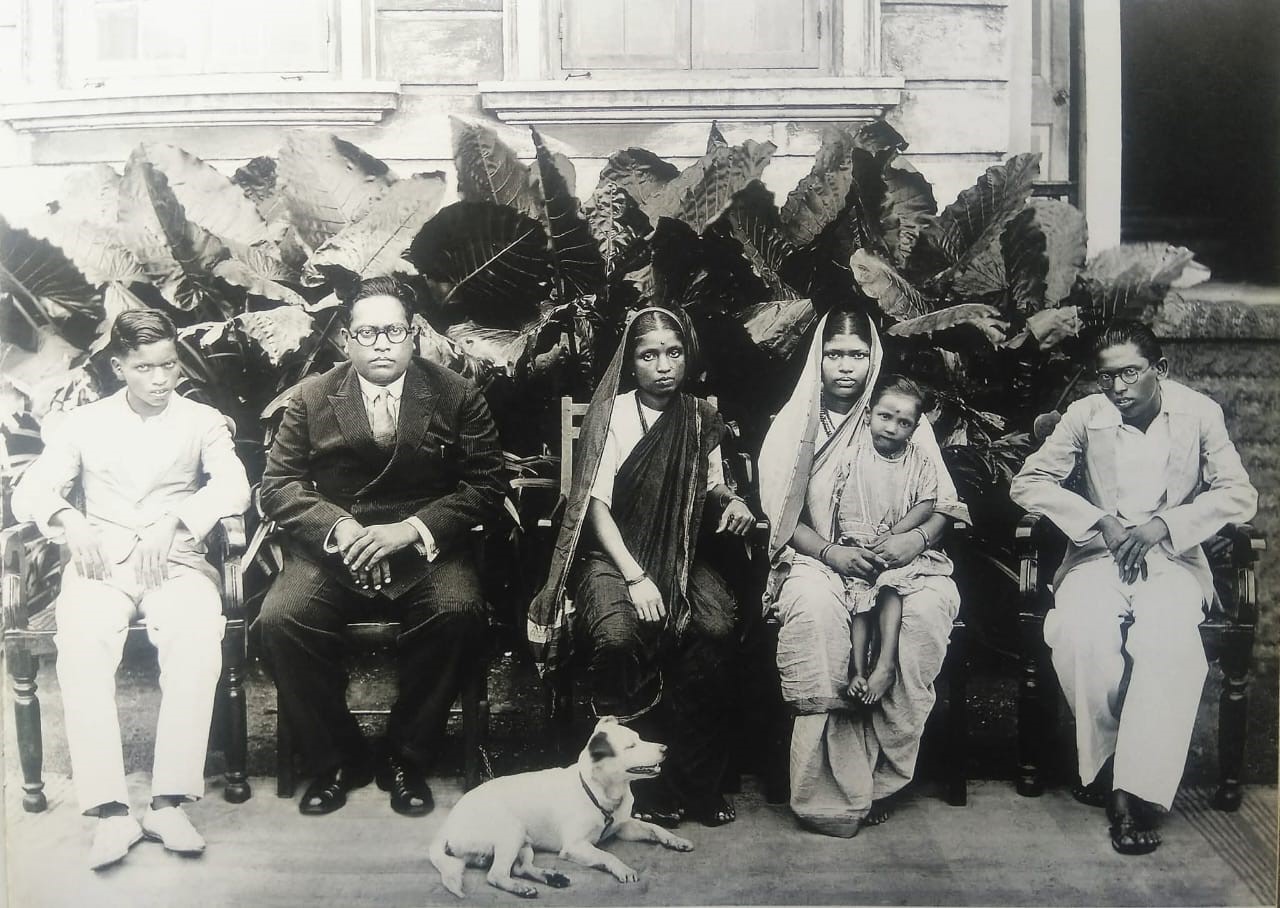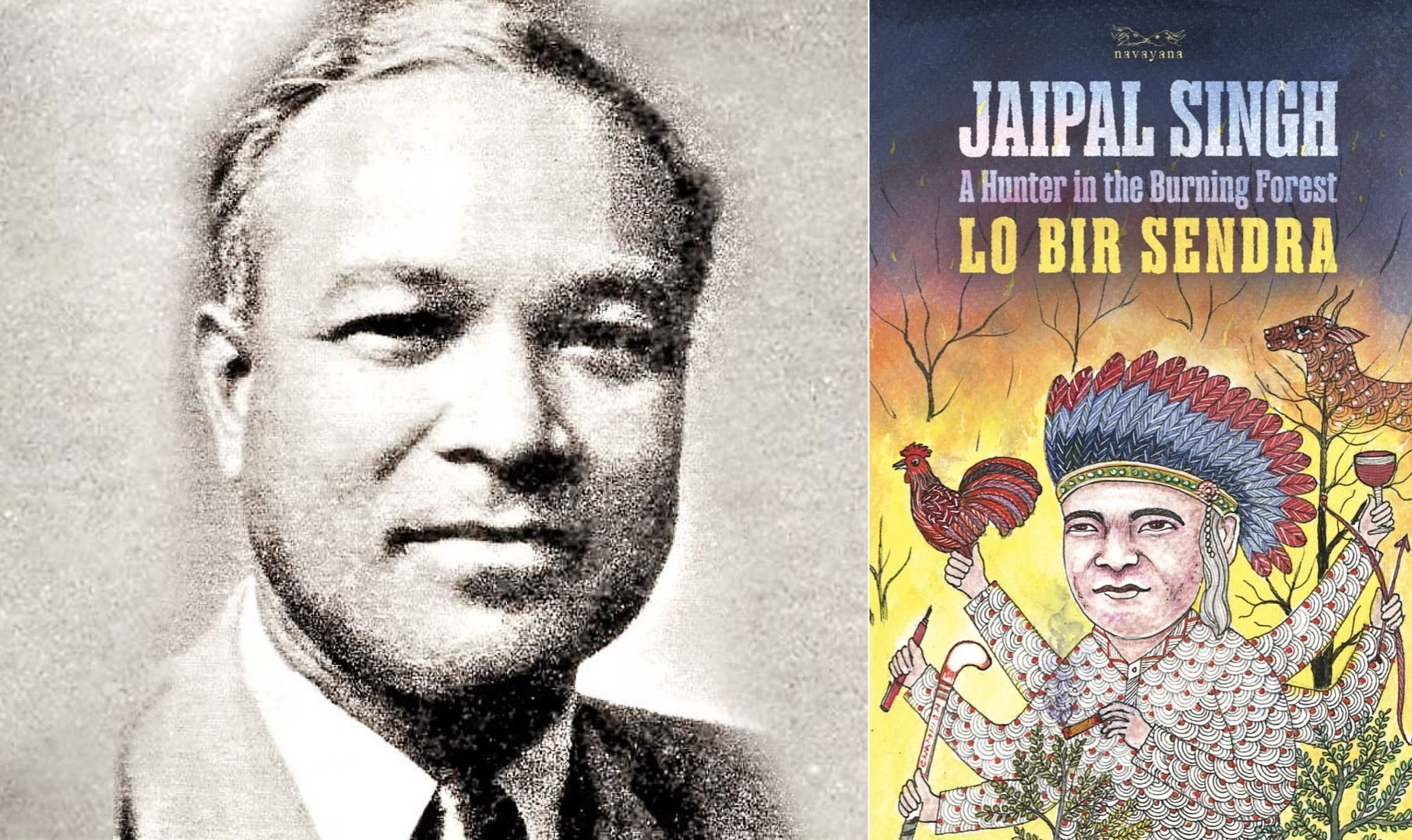Jagdeo Prasad (2 February 1922 – 5 September 1974)
What martyr Jagdeo Prasad wrote 55 years ago about how Jan Sangh (the former avatar of the Bharatiya Janata Party) viewed the Muslims is relevant even today. He asserted that the Muslims in India are an exploited class and that their loyalty to the nation is beyond suspicion.
Cut to the present, the BJP has been fomenting hatred against the Muslims, leading to the community being gripped by a feeling of insecurity and helplessness. Against this backdrop, an article by former Bihar deputy chief minister and founder of Shoshit Dal, Jagdeo Prasad, published on 19 January 1970 in Shoshit Saptahik, is worth a read.
Jagdeo Babu wrote, “The Muslims are exploited – whether they are rich or poor. Muslims were indeed the exploiters when they were the rulers. But today, they are the exploited. The Dwij never considered the Muslims as equal citizens. The Muslims are being dispossessed of their land and their money. Their employment avenues are shrinking. Branding them as Pakistanis and their killings have become common in the country. It is the Dwij who hatch conspiracies for their murders.”
“In the name of religion,” he wrote, “the exploited are pitted against the Muslims. The very same Dwij, who instigate the Dalits and the backward castes against the Muslims, use the latter to further their political interests. No wonder, the Jan Sangh, by showcasing some traitor Muslims on its platform, has exemplified Brahmanical deceit. None in the world can come even close to the upper castes of India in deceit and trickery. The Shoshit Dal considers all Dalits, Adivasis, Muslims and backward castes as exploited and is trying to mobilize them under a revolutionary banner.”
Jagdeo Prasad further said, “There is not a single example of a Muslim or a Christian making a deal with foreigners against India. On the other hand, the annals of history are full of tales of the loyalty of Muslims. Only a traitor to this nation can forget the valour and the loyalty of Colonel Usman and Hamid on the Kashmir border. But it is not a secret that during Indo-China and Indo-Pak wars, the Dwij, the rich, the super-rich, the profiteers and the blackmarketeers, supplied gold, silver, food grains and jute to Pakistan and China. Following the Indo-Pak war, sick of Hinduism’s bigotry and wickedness, and drawn by the message of brotherhood, humanity, honesty and equality of Christianity, people are trying to move ahead in life by embracing Christianity. How are the Christians responsible for this? Is the Jan Sangh so thick-skulled that this simple matter eludes them?”

Jagdeo Prasad believed that the Jan Sangh (today’s BJP) is the patron of Dwijvaad (Brahmanism). The BJP believes that Muslims are the biggest problem or the scourge for India. So, it wants to throw them out.
In his article, citing many historical incidents, he drove home the point that the Muslims always took the lead in defending the nation while the Dwij (Brahmins) were traitors to the country. From the instances he cites, his understanding of the BJP’s attitude towards the Muslims is amply clear. On the other hand, Jagdeo Prasad’s son Nagmani, who has been a minister of the Bihar state government and in the Atal Bihari-led NDA government, recently rejoined the BJP. Clearly, he is not a chip off the old block.
Jagdeo Prasad’s association with the Shoshit Dal, which later was renamed Shoshit Samaj Dal, and with Arjak Singh, was lifelong and he consistently championed the cause of the exploited and the Arjak. He was martyred while holding a Satyagraha at the Kurtha block headquarters in Arwal district, Bihar, on 5 September 1974.
He was a proponent of socialism and humanism. He fought the battle for respect and livelihood. He wanted to usher in social, cultural, economic and political equality in the country.
The Arjak Singh and the Shoshit Samaj Dal observe 5 September as Jagdeo Prasad Martyrdom Day to commemorate him. An event is also held at the place where he attained martyrdom on his birth anniversary (2 February) every year to introduce the new generation to his revolutionary ideas. The Shoshit Samaj Dal is waging a lone battle to take the struggle of the exploited forward. Leaders from both the opposition and the ruling parties invoke Jagdeo Prasad to promote their politics. But none of them work for fulfilling the demands for which he laid down his life.
Clearly, we need to differentiate between the real and the fake admirers of Jagdeo Prasad. And we need to actualize his philosophy of the struggle of the ninety (per cent Bahujan) against ten (per cent upper castes) for the former’s share in representation and resources.
(Translation from the original Hindi by Amrish Herdenia)
Forward Press also publishes books on Bahujan issues. Forward Press Books sheds light on the widespread problems as well as the finer aspects of Bahujan (Dalit, OBC, Adivasi, Nomadic, Pasmanda) society, culture, literature and politics. Contact us for a list of FP Books’ titles and to order. Mobile: +917827427311, Email: info@forwardmagazine.in





